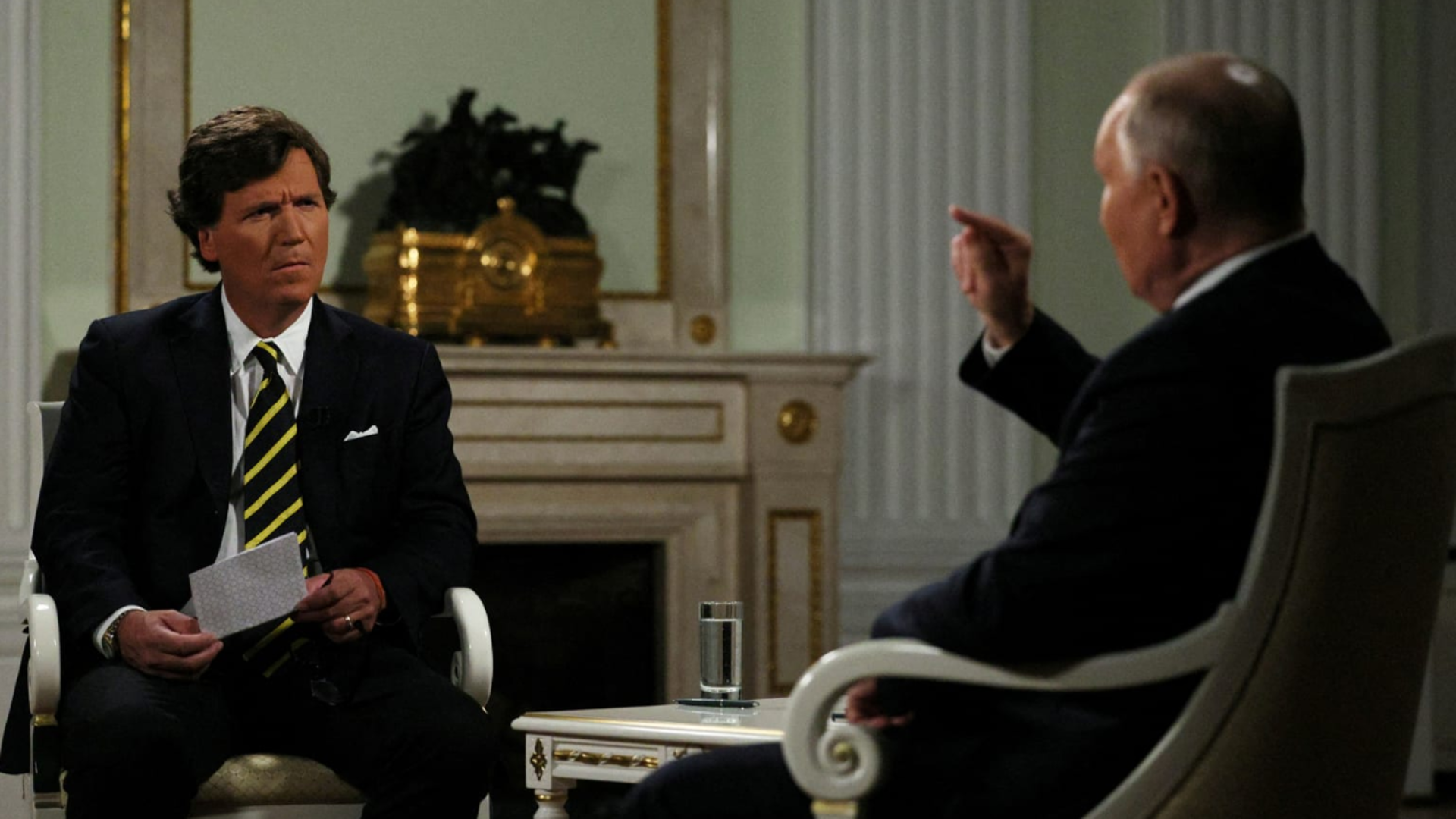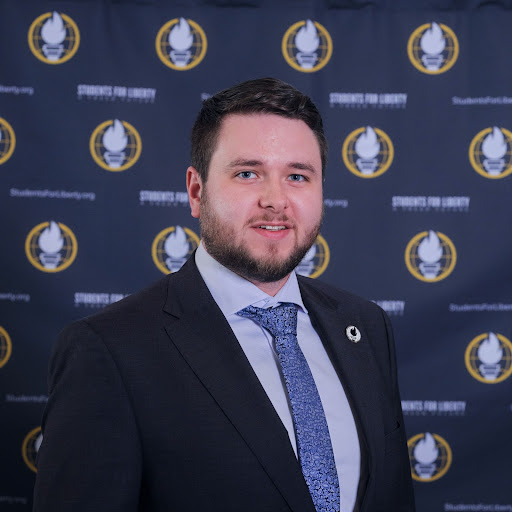On February 24, 2022, Vladimir Putin commenced a brutal, full-scale invasion of neighboring Ukraine.
Two years on from this calamity, let’s examine and debunk some of the bogus justifications put forth by the fascist regime in Moscow and Putin’s alternative “history” that he uses in his attempts to delegitimize the Ukrainian nation.
The two main reasons for the war are plain to see:
- An authoritarian dictator, facing numerous domestic issues, sought to unify the Russian public against the imaginary threat of a belligerent, Western-backed, “Nazi” regime on their doorstep.
- The same dictator, along with many irredentists in Russia, adheres to a warped view of history in which Ukraine lacks any legitimate nationhood and should just belong to Russia.
Vladimir Putin has increasingly employed historical narratives to justify geopolitical actions, particularly regarding Ukraine.
In this article, we will debunk some of Putin’s “history” and shed light on the complexities of the situation.
Putin’s historical revisionism on Ukraine
During his recent interview with Tucker Carlson, Vladimir Putin embarked on a lengthy discourse on Russian history, spanning over a millennium. His aim? To provide a historical justification for Russia’s actions and delegitimize Ukrainian culture and traditions.
However, beneath the veneer of historical narrative lies a web of nationalistic propaganda and deliberate distortions.
Rurik, the Kievan Rus’, and the founding of Russia
One of Putin’s claims is the founding of Russia in 862 by Prince Rurik. Whether a real historical figure or semi-legendary, Rurik was a Varangian chief invited to rule over Novgorod — not the architect of a unified Russian state.
Russia, as we recognize it today, didn’t come into existence until centuries later, with Ivan the Terrible’s coronation in 1547.
Moreover, Putin attempts to tie the Kievan Rus’ — a medieval state centered around Kyiv — to modern-day Russia. However, the historical reality is far more complex.
The Kievan Rus’ was a diverse polity composed of various ethnic groups, including various groups of East Slavs, Norsemen, and Finnic tribes. To claim it as exclusively Russian is to ignore its multicultural nature and the distinct identities of its constituent peoples.
Regardless, the notion that events dating back to the 9th century could serve as justification for the brutal invasion of a neighboring country in the 21st century is simply absurd and barbaric.
If we were to take this argument seriously, Italy would be justified in invading countries that were once part of the Roman Empire, France would be allowed to emulate the Normans in invading Great Britain, and Mongolia would have legitimate territorial claims over half of Eurasia.
Polish-Lithuanian rule in Ukraine
Putin conveniently obfuscates the historical influence of the Polish-Lithuanian Commonwealth on Ukraine and Belarus, but it’s crucial to delve deeper into this period to understand its profound impact.
The Union of Lublin in 1569 marked a pivotal moment, merging the Kingdom of Poland and the Grand Duchy of Lithuania into a single entity.
Contrary to the oversimplified narrative propagated by Putin, the Ukrainians’ identity during this period was not simply a derivative of Russian or Polish influence.
Instead, Ukrainians asserted their own unique cultural and linguistic heritage, resisting attempts at assimilation and asserting their autonomy within the Commonwealth.
From a geopolitical perspective, the borders of the Commonwealth were fluid and contested, reflecting the shifting power dynamics of the time. Ukraine and Belarus, situated at the crossroads of Eastern Europe, were subject to competing territorial claims and interventions by neighboring powers.
The Treaty of Pereyaslav in 1654, for example, saw the Cossack Hetmanate of Ukraine enter into a military alliance with the Tsardom of Russia. However, it would be a gross mischaracterization to equate this relationship to Ukraine being Russian.
Putin’s Soviet-era pseudohistory
Putin’s historical revisionism extends into the Soviet era, where he downplays Soviet atrocities and portrays Ukraine’s identity as an artificial construct — almost a creation of the Soviet Union.
His narrative conveniently sidesteps Stalin’s brutal, genocidal policies, including forced collectivization and the Holodomor famine, which resulted in the deaths of millions of Ukrainians. The Holodomor, in particular, stands as a stark testament to the Soviet regime’s disregard for human life and its ruthless suppression of dissent.
Moreover, Putin’s assertion that Ukraine’s identity is a byproduct of Nazi collaboration during World War II is a gross oversimplification of historical realities.
While it is true that certain factions within Ukraine collaborated with the Nazis during the war, attributing the entirety of Ukraine’s national identity to this collaboration is extremely reductionist and ignores centuries of cultural, linguistic, and historical development that took place over many centuries.
Why Putin cannot win
Ultimately, war is not merely about territorial conquest but about achieving political objectives. In this regard, Putin’s ambitions have backfired spectacularly.
Even if Russia were to retain its current hold on Ukrainian territory, the fundamental purpose of the invasion has been thwarted. Ukraine’s leaders and citizens, particularly the younger generation, have resolutely embraced Western ideals and aspirations, rejecting Russia’s sphere of influence.
Ukraine’s nationalistic fervor, fueled by the invasion, transcends linguistic and regional boundaries, embodying a steadfast commitment to independence and self-determination.
Moreover, Putin’s aggression has catalyzed a seismic shift in European geopolitics. The invasion has prompted unprecedented unity within the European Union, rallying member states in support of Ukraine and solidifying Ukraine’s path toward EU membership.
Additionally, NATO, Putin’s main bogeyman, has seen renewed vigor, with Finland and Sweden seeking membership in response to Russia’s aggression.
While the road ahead for Ukraine remains fraught with challenges, including the daunting prospect of reclaiming lost territory without sustained international support, the resilience and determination of the Ukrainian people remains unwavering.
Putin may perceive Ukraine as a prize to be claimed, but history will remember his war as a futile endeavor that ultimately strengthened Ukraine’s resolve and cemented its place among the community of nations committed to democracy and liberty.
Conclusion
As we reflect on the second anniversary of Russia’s invasion of Ukraine, it’s essential to scrutinize the narratives propagated by those in power.
Often, the worst culprits for believing Putin’s narrative on Ukraine are the very people who claim to be “free thinkers” and not trust anything coming from Western governments or media.
Yet, Putin’s “history” serves a blatantly political agenda, seeking to legitimize Russia’s actions while erasing inconvenient truths. Skepticism of power must apply even more so when dealing with proven despots like Putin.
His attempts to justify a senseless invasion marred by war crimes by bringing up stories from centuries ago must be called out as the fallacies that they are.
If you want to receive more of our content every week, directly to your inbox, be sure to sign up for Independent Insights, the Learn Liberty newsletter.
This piece solely expresses the opinion of the author and not necessarily the organization as a whole. Students For Liberty is committed to facilitating a broad dialogue for liberty, representing a variety of opinions.



